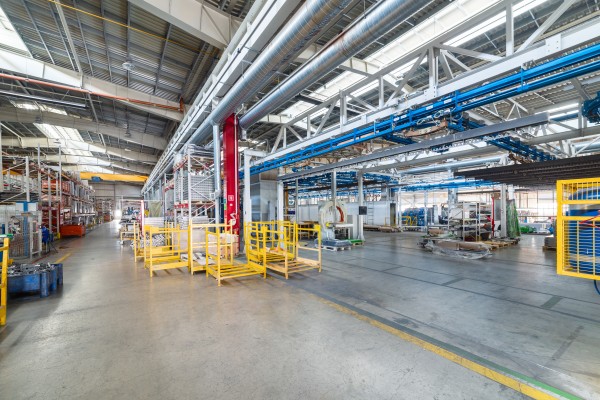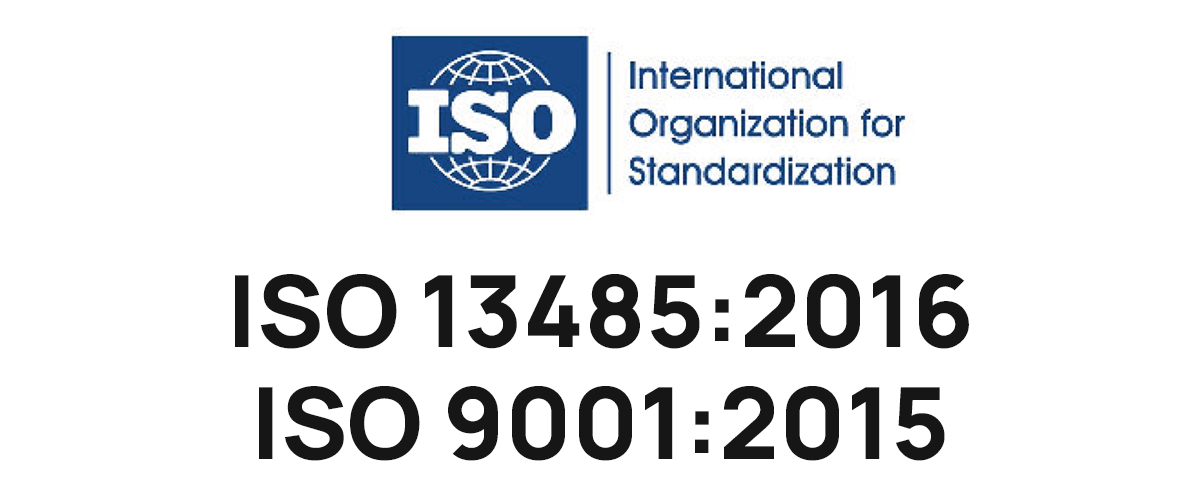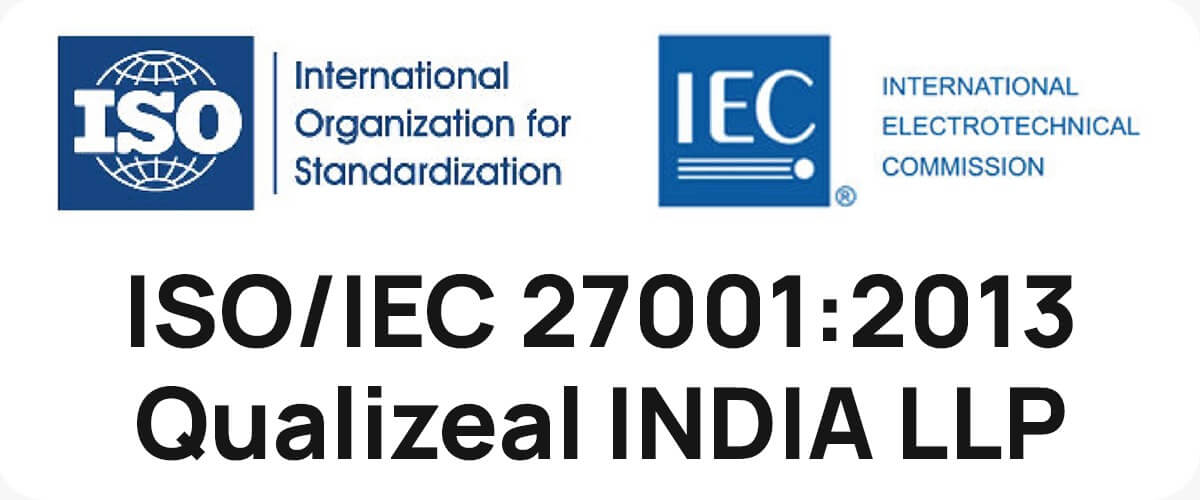Testing in Metaverse: The Role of Quality Engineering Services

Ever since the Metaverse was heralded as the next internet iteration, it has attracted a sizable following, comprising mostly of VR enthusiasts and large corporations. However, because of the conceptual impact, it is expected to have on every element of human life, it is critical to understand what it entails before we allow it to infiltrate our daily lives.
The Metaverse is an online arena where people represent themselves and communicate with one another using ‘avatars’ or ‘virtual representations.’ It can be utilized for professional collaboration, gaming, socializing and so much more!
It can be conceived as a digital replica of our reality, with limitless possibilities. Everything in the physical world can theoretically have a digital representation in the Metaverse. As per Mark Zuckerberg- “The Metaverse could be the next best thing to teleportation.”
What Role do Quality Engineering (QE) Services Play in Metaverse?

Quality engineering services are a collection of practices that simplify the process of product development and marketing. These include test automation, performance engineering, and product testing. Together, these principles result in a far more well-rounded software and seamless product lifecycle.
Despite its evident merits, the Metaverse necessitates ongoing maintenance in a variety of areas, including performance testing, usability testing, security, and accessibility testing. This is where quality engineering comes into the equation. Quality engineering oversees all of these services, making it an essential component of metaverse upkeep.
Domains where QE services can make a significant difference in the Metaverse

As the hype surrounding the metaverse increases, many people are raising concerns about the possible dangers of living in a world where the actual and virtual worlds are interwoven. These hazards and reservations about the Metaverse are one of the main reasons Metaverse can significantly benefit from quality engineering.
Here’s a list of some of the most pressing issues that can be significantly improved or transformed with the help of QE services:
Performance Testing: Speed, responsiveness, and stability are all essential factors for a great user experience in any mobile application or website.
The same is true for the metaverse.
Performance testing is necessary to identify flaws or bottlenecks that can impede a platform’s stability, speed, responsiveness, and scalability under typical and heavy user loads in order to improve quality. It is critical for the metaverse because of the massive amounts of data and ultra-fast networks necessary to support AR and VR experiences.
To maximize the quality of AR and VR experiences and improve the overall user experience, latency issues must be identified and reduced.
Functional Testing: Functional testing is critical for every digital service, including the metaverse, in assisting enterprises in delivering a faultless user experience.
Functional testing, as the name implies, involves examining functionalities to see if they work as planned. As bugs are discovered, the development team can fix them, improving the platform’s stability and quality.
Accessibility Testing: While traditional programs and websites differ significantly from the metaverse, there is still plenty that can be done to make the metaverse more inclusive and accessible.
Organizations must prioritize accessibility during the creation phase of these platforms as the first step toward creating an accessible metaverse.
The Web Content Accessibility Guideline (WCAG) rules should be used to guarantee that the metaverse’s content is perceivable, operable, comprehensible, and robust.
Hardware Testing: With Metaverse, the endgame is for virtual and real worlds to coexist in perfect equilibrium, with immersive interactions between them altering our impression of physical presence.
And while the software is almost virtually complete, the hardware still has a long way to go. With hardware testing, we can ensure that external equipment, such as headphones, sensors, and other wearables not only function properly but also uncover potential critical problems that could block the user’s experience.
Security Testing: Security testing entails several tests, such as penetration tests, that simulate cyberattacks and look for security flaws.
Security testing of your AR/VR product will also assist you in the following situations.
- Reputation and Identity Fraud: Security testing in the metaverse will ensure that an avatar is who they claim they are. Along with identity authentication and verification, people in the Metaverse will also be protected from impersonation and other acts that could ruin their reputation.
- Harassment and Personal Safety: Did you know that on Meta’s virtual reality social media platform, a lady was sexually harassed? Harassment and personal safety are not simply physical issues; they can also be verbal and psychological.
Immersive Testing: Immersive testing looks at the level of immersion your product provides. If the experience is overly immersive, users may experience motion sickness and discomfort. If the experience isn’t immersive enough, users won’t be able to indulge themselves in it fully. Therefore, it is necessary to strike the perfect balance. This, in turn, also improves the user experience.
- User Experience: The Metaverse’s ability to become a place where individuals can connect, develop meaningful connections, and become fully engaged in its surroundings is strongly tied to its visual and graphical quality and other aspects of appearance and feel. As a result, issues with visual, audio, performance, accessibility, and other elements of the Metaverse are likely to distract people from the overall user experience.
The Metaverse and its Influence:

The Metaverse is an idea that has been around for decades. However, it has remained a pipe dream until now. With the advancement of AR (Augmented Reality), VR (Virtual Reality), and the Internet of Things, this digital replica of our world has become a potential reality that people could embrace and, in return, will transform and reshape our way of life.
In October 2021, when Facebook Inc. rebranded and rebuilt itself as Meta, a virtual reality business, in a tilt towards the Metaverse, the concept of a virtual platform received a boost of interest. Facebook, the most popular virtual platform at the time, with about three billion members globally, is expected to witness a surge in the coming decade.
With so many firms and brands investing in the Metaverse, it’s become necessary to look into the numerous ways to improve what’s already there. In addition, the increase in the user base has dramatically increased the demand to create a superior user experience and a safe space for its users.
This is where Quality engineering services may step up to the plate and make the entire metaverse experience far more immersive and fruitful.
The Way Forward:

To sum it up, the metaverse is a virtual world where people can socialize, play, and work. Consider this: the internet is two-dimensional now, but the Metaverse is three-dimensional.
With corporations like Microsoft, Amazon, and Epic investing in the Metaverse, it’s clear that the present version will experience significant changes and that Quality engineering services will be a substantial part of it. It won’t be long until the Metaverse permeates every area of our lives and becomes an integral part of our lifestyle.
According to Facebook CEO Mark Zuckerberg, the company decided to alter its name after announcing its plans to create a “metaverse,”—which he describes as “the next chapter of the internet.”
At QualiZeal, we believe in connecting our rapid-fire and inventive testing methodologies with evolving technology trends.
We are aiming to contribute our professional experience and resources to enterprises who want to integrate the next-gen internet and VR into their work culture as the metaverse becomes more mainstream in the software sector.
























